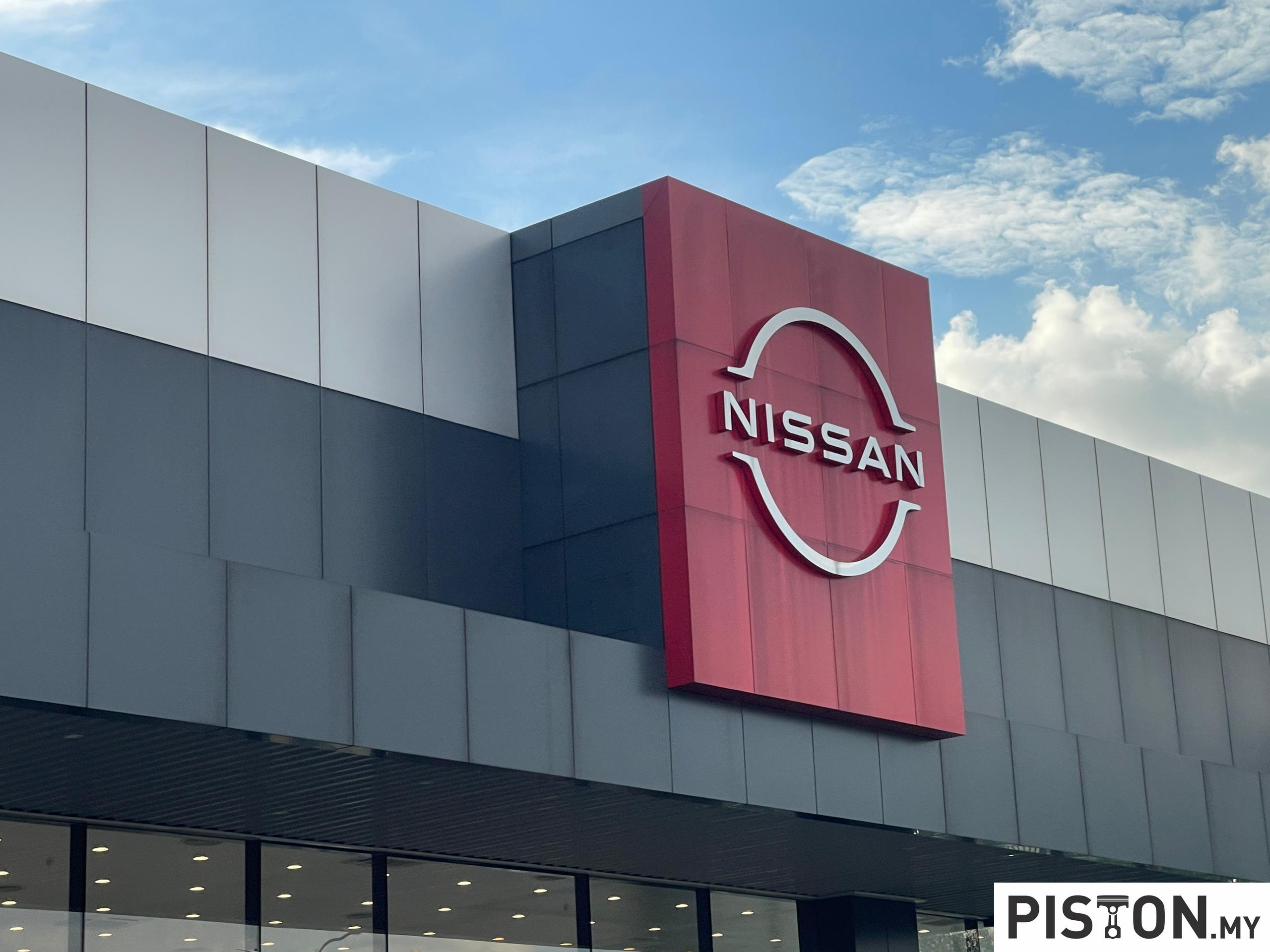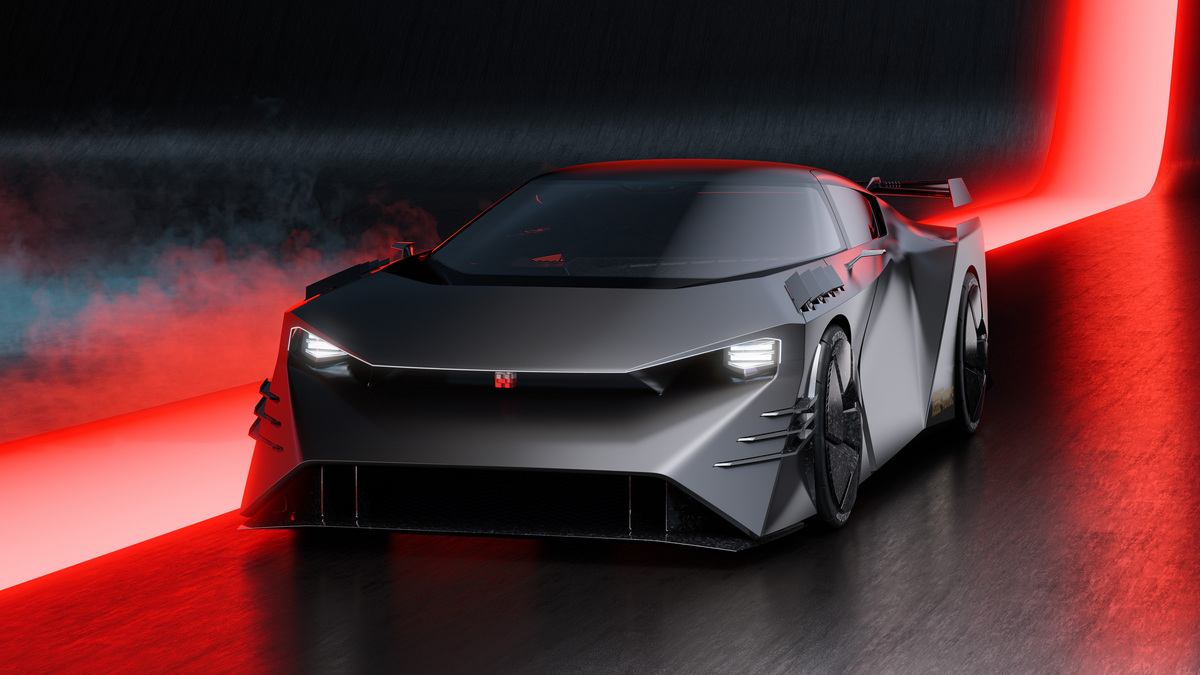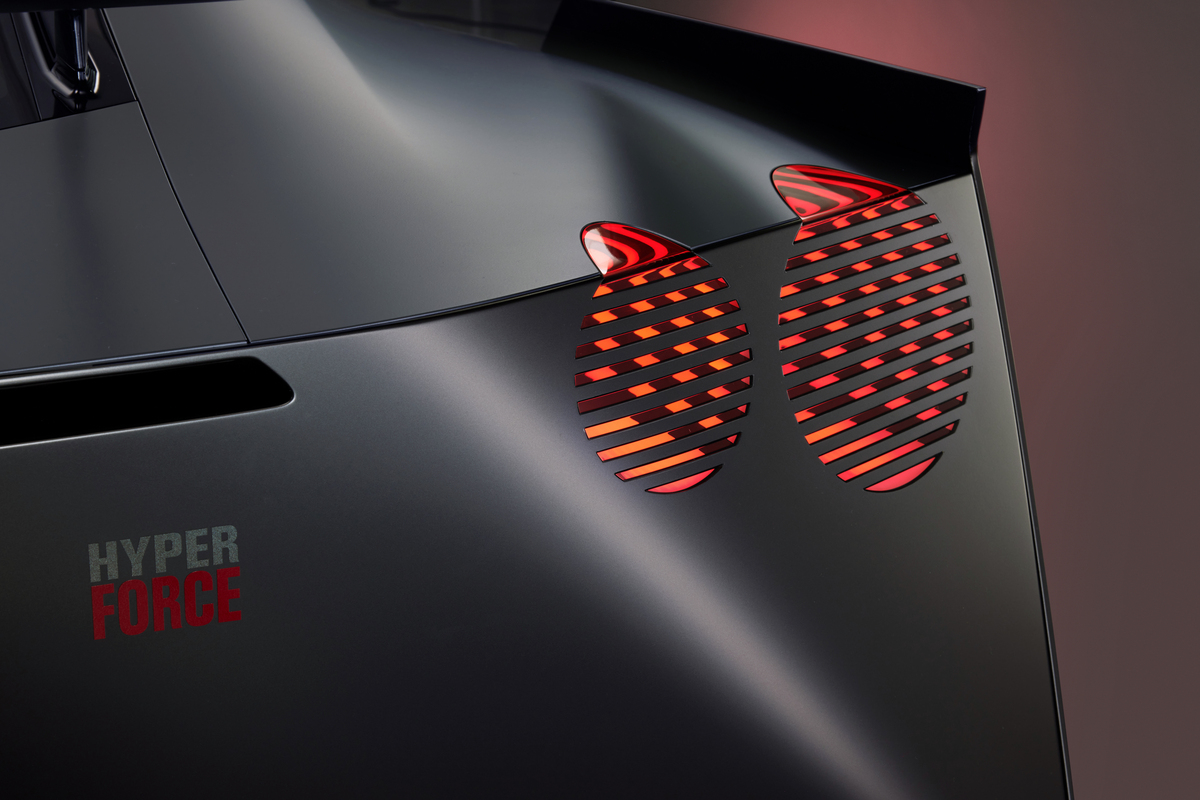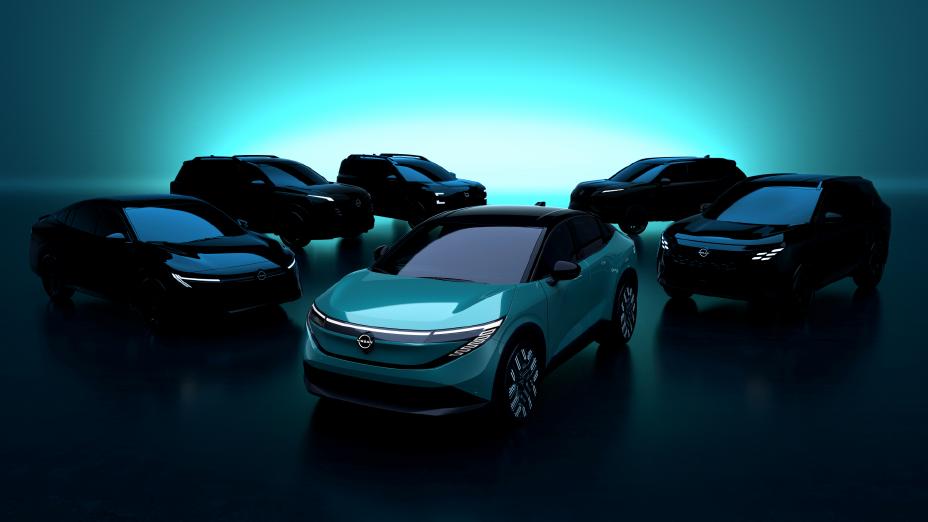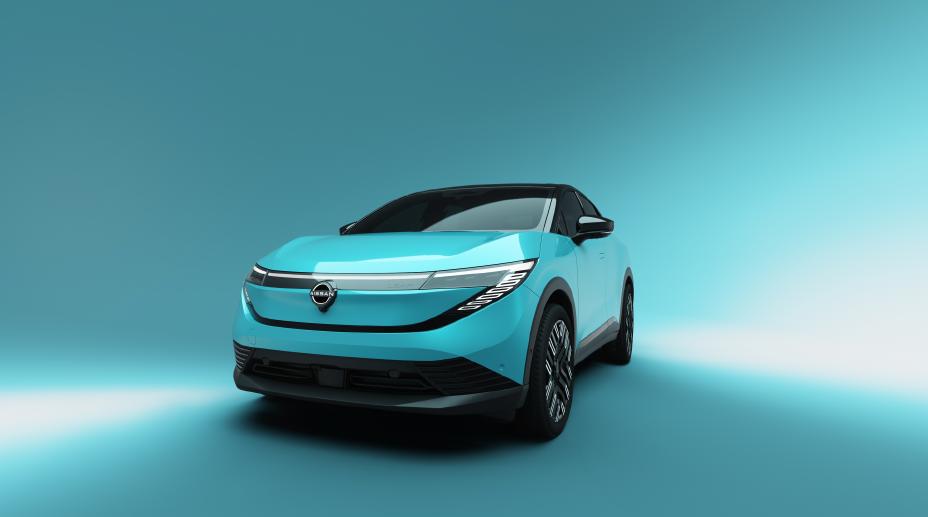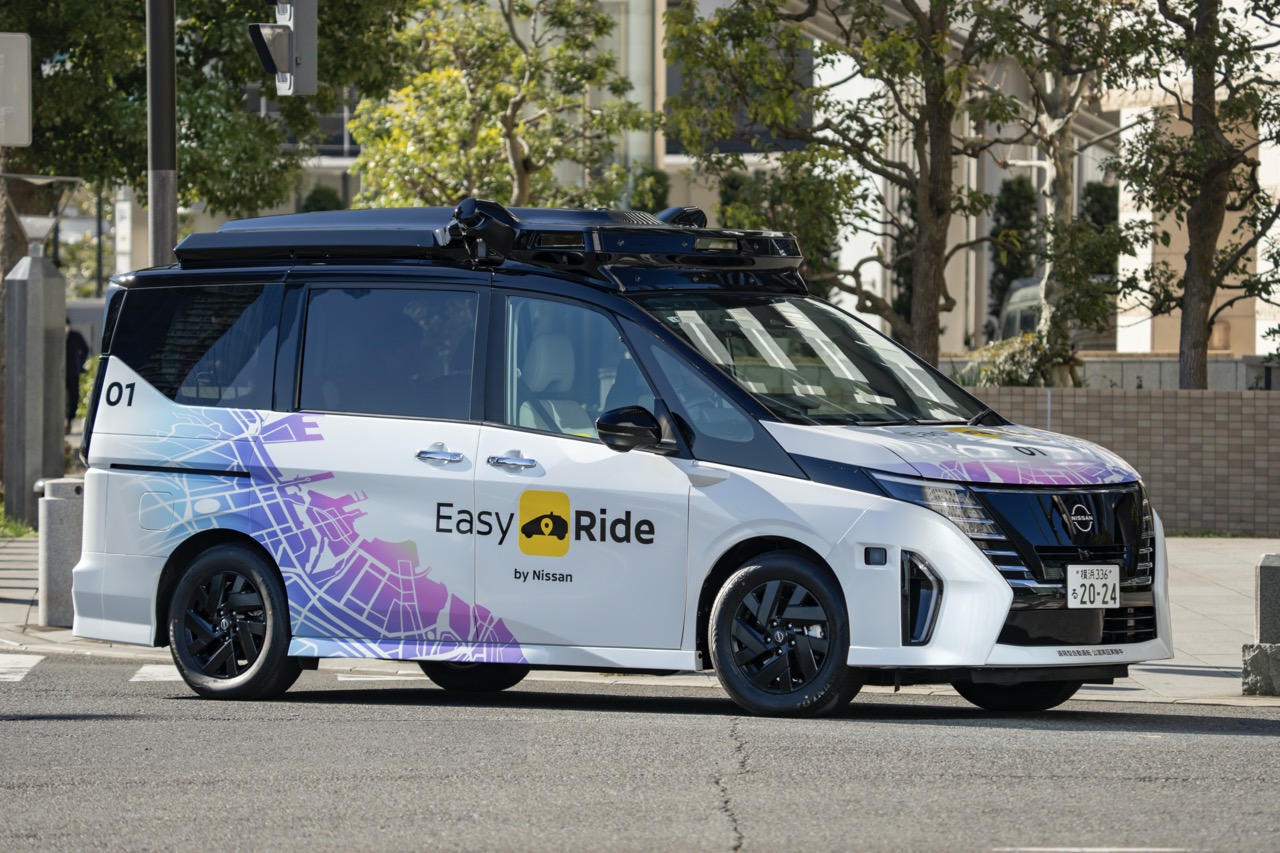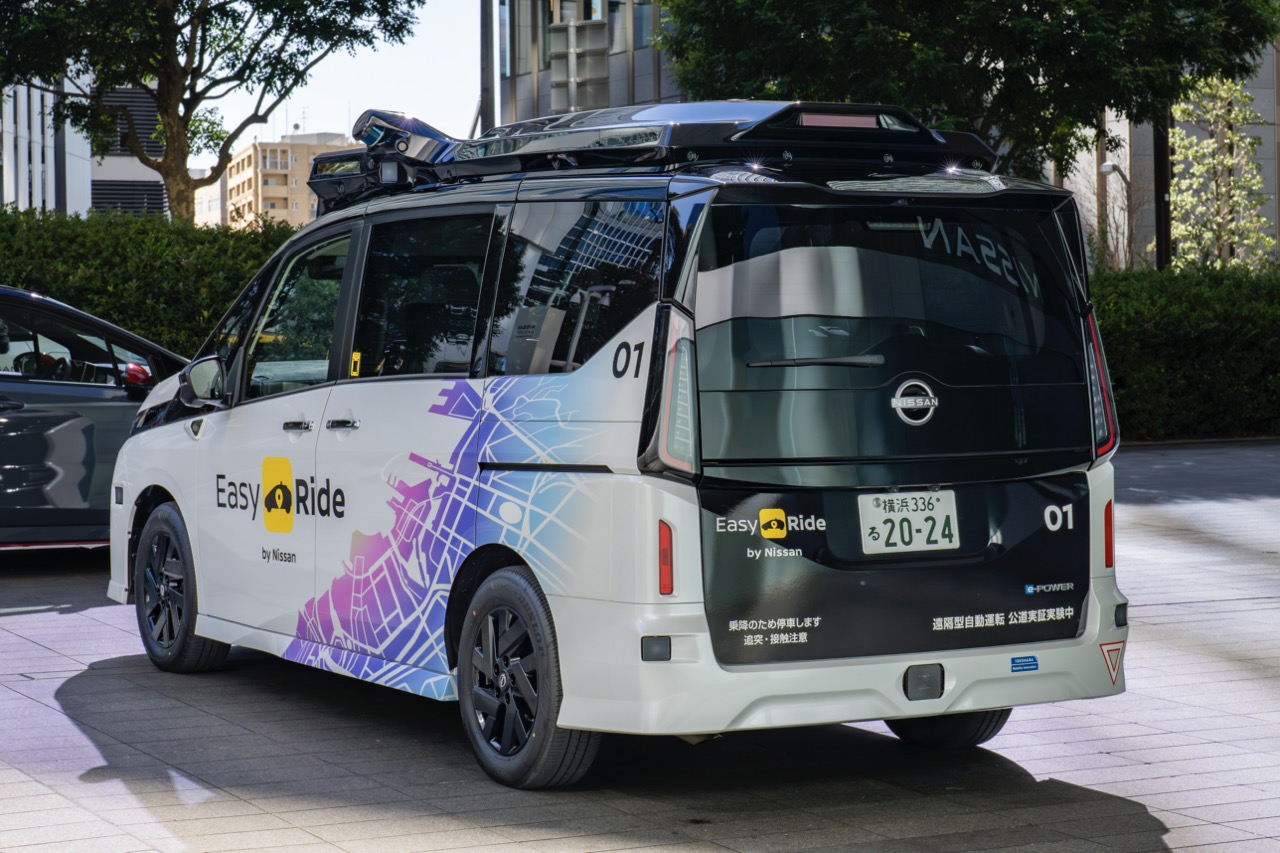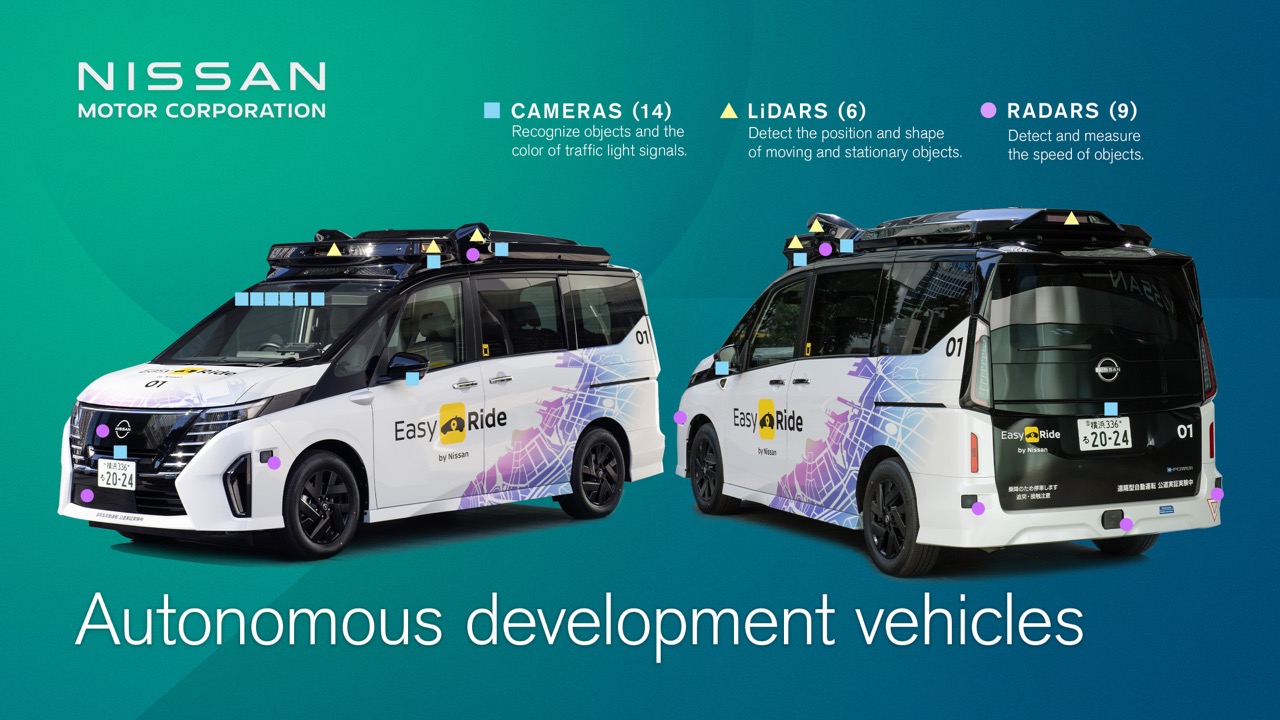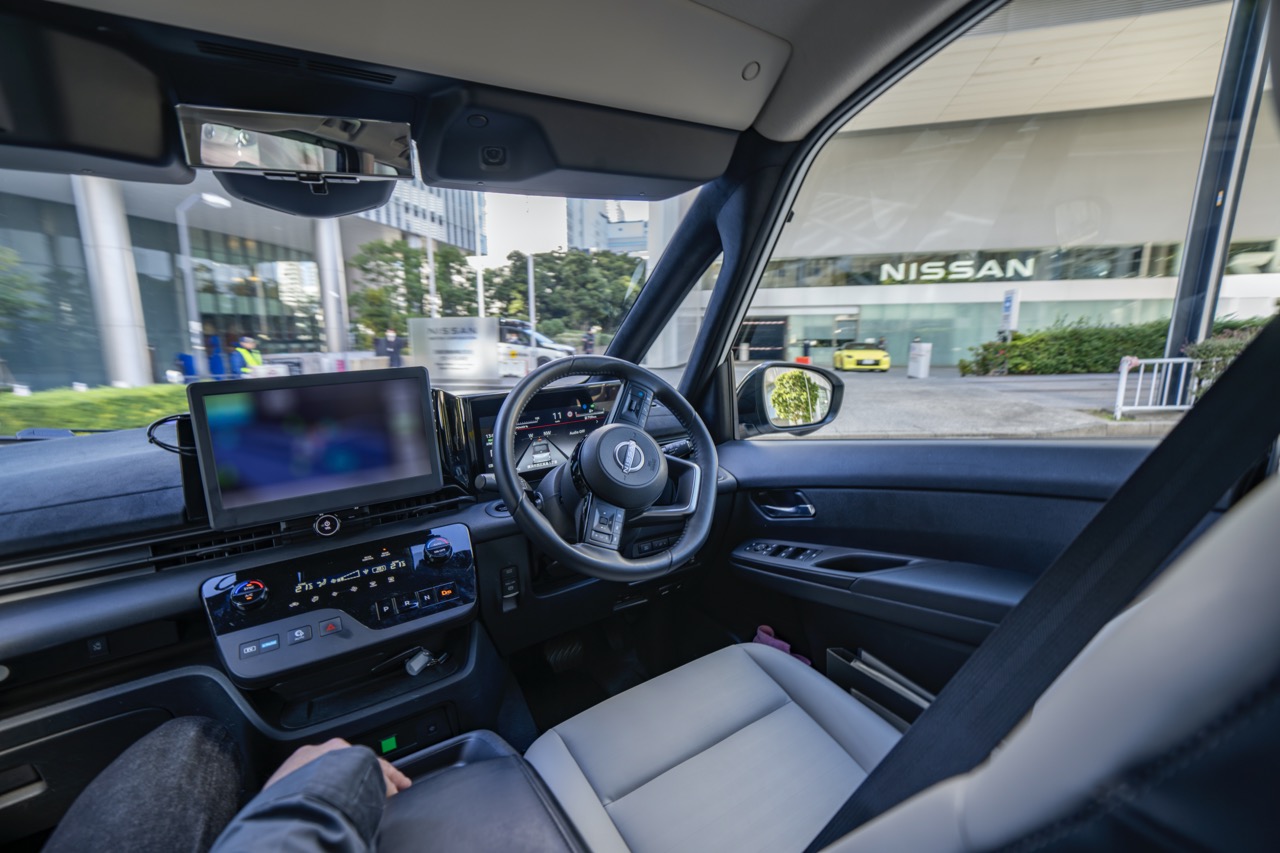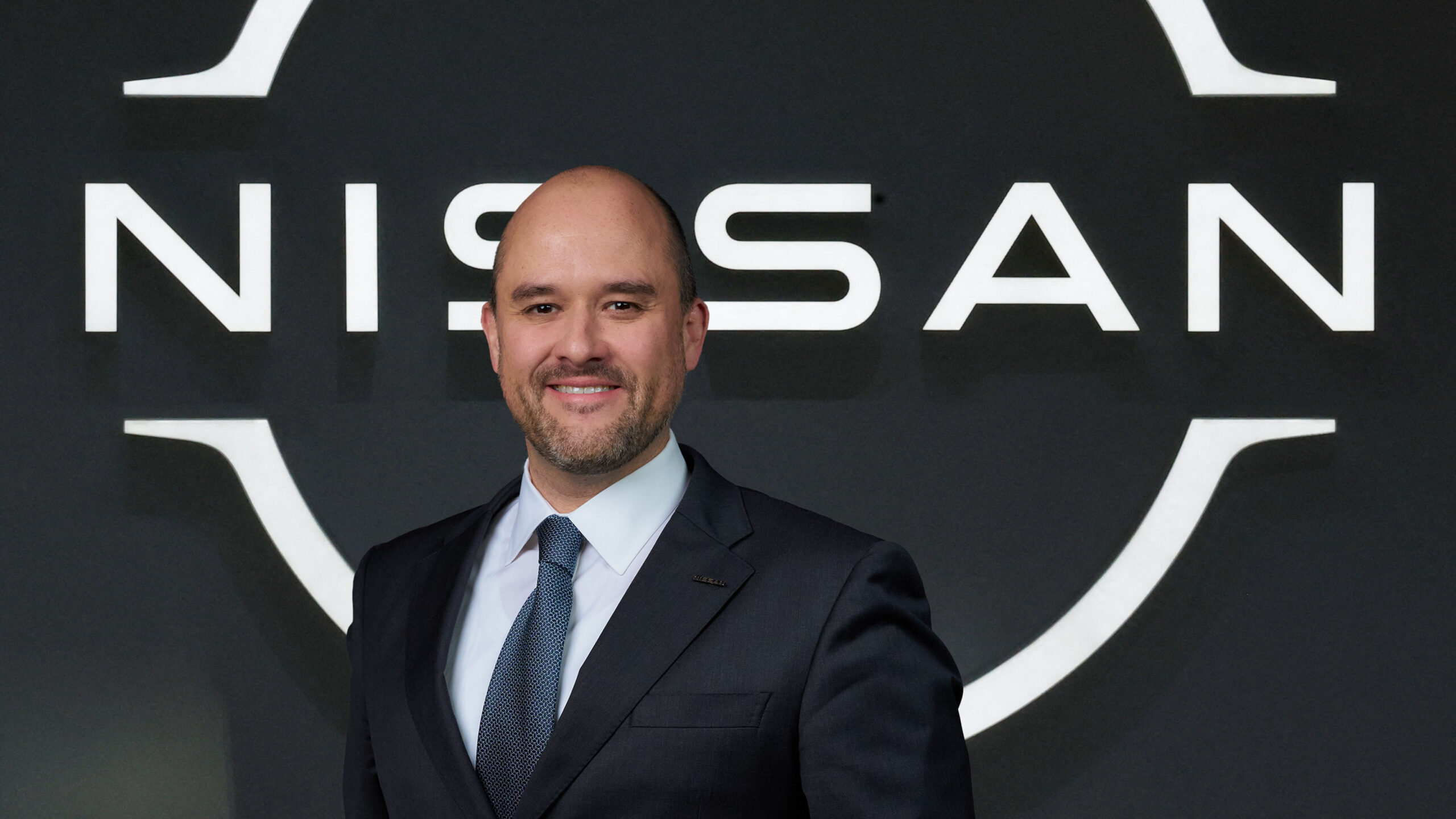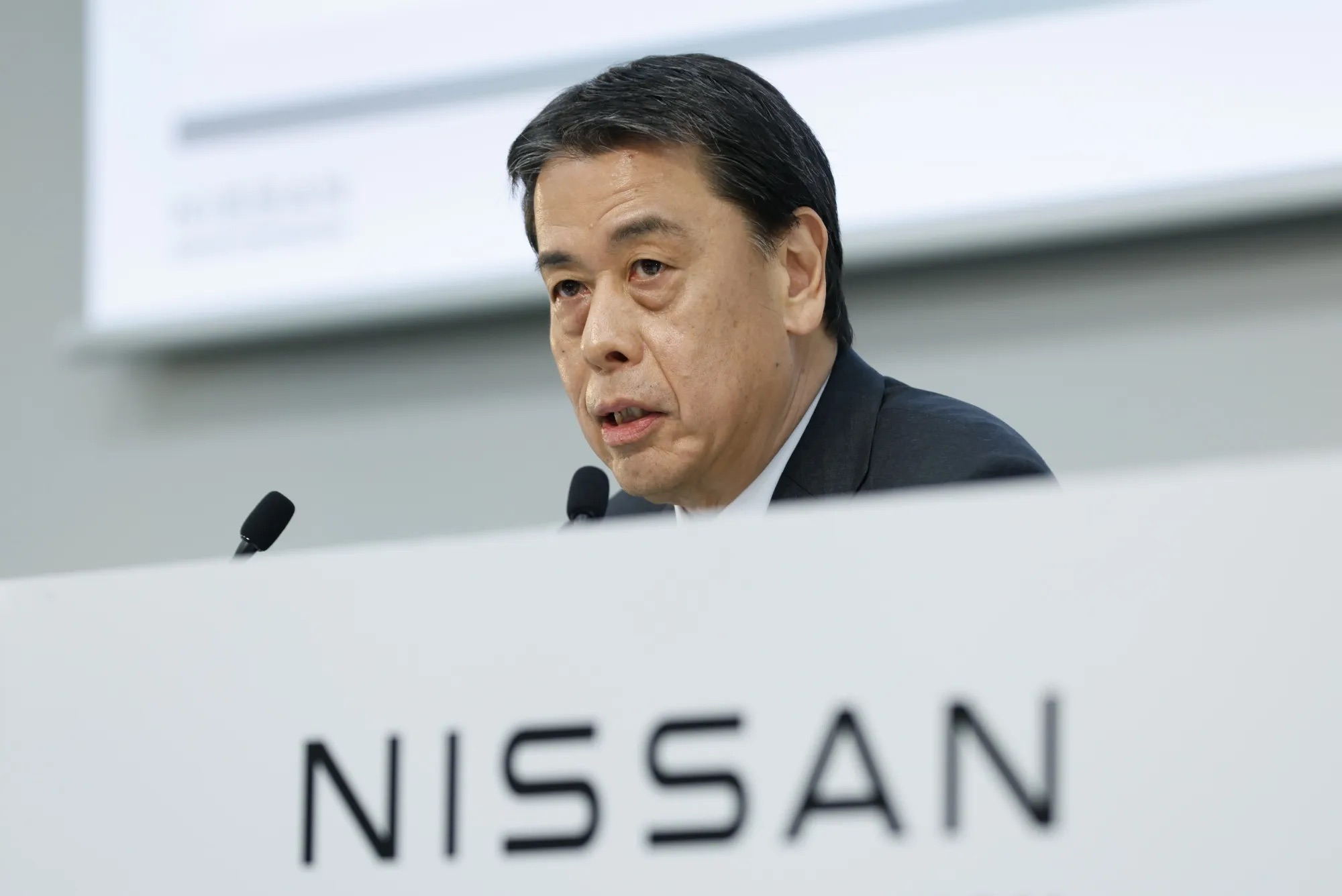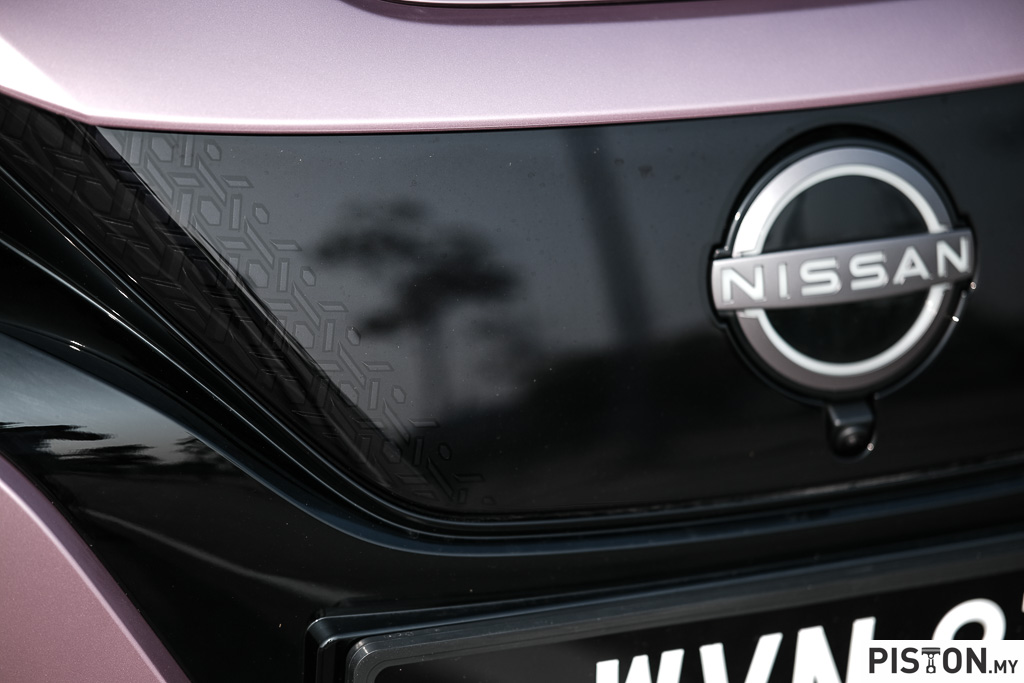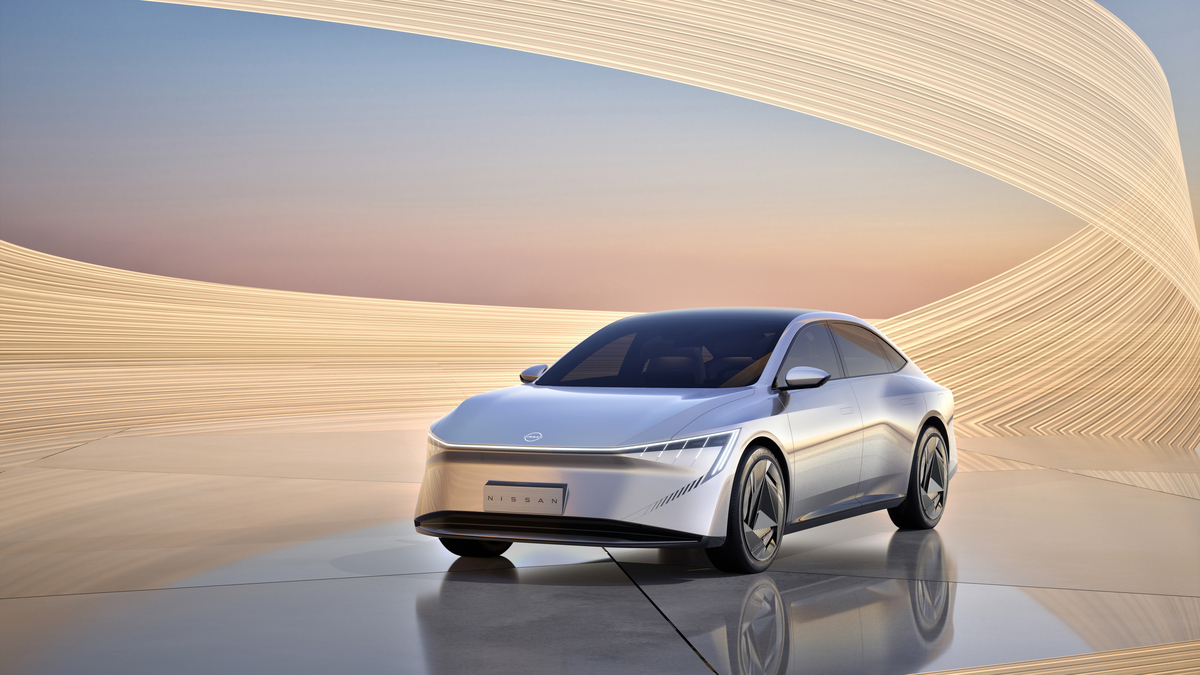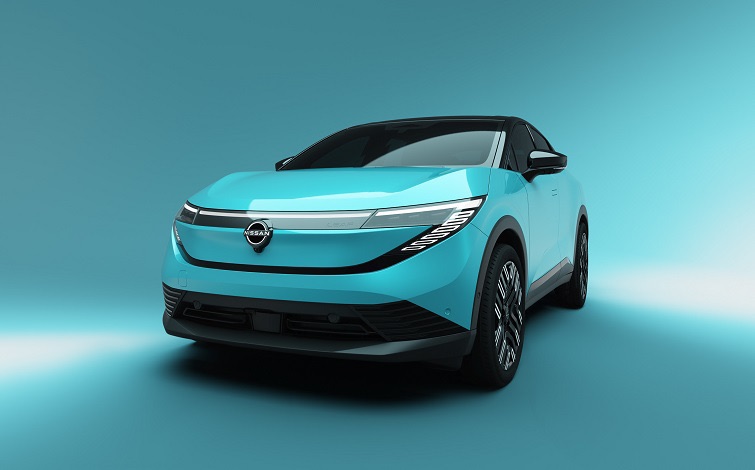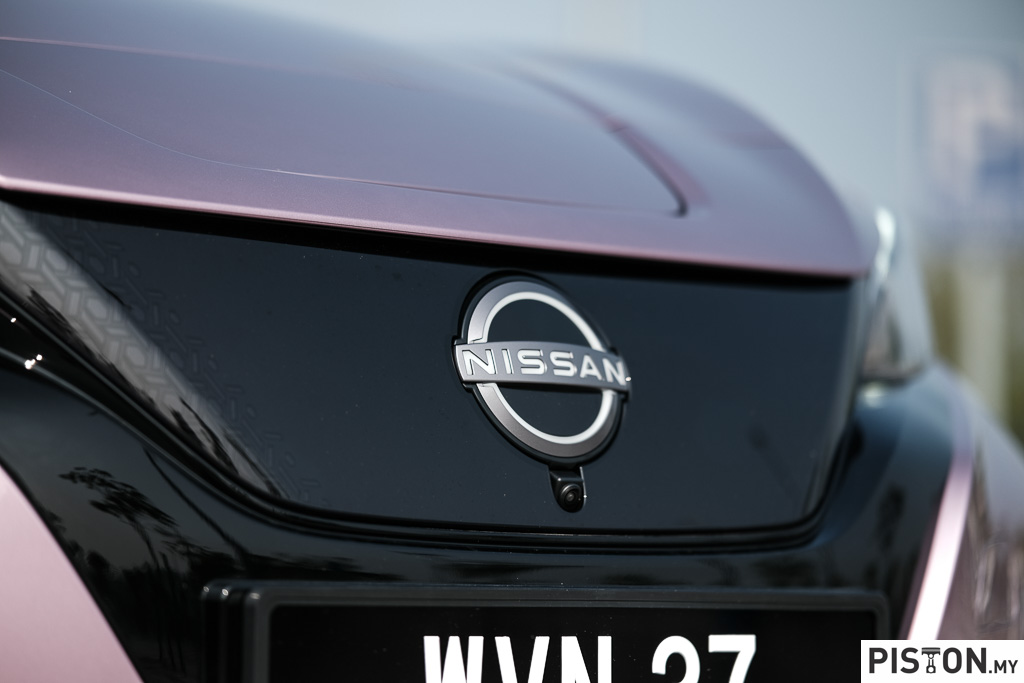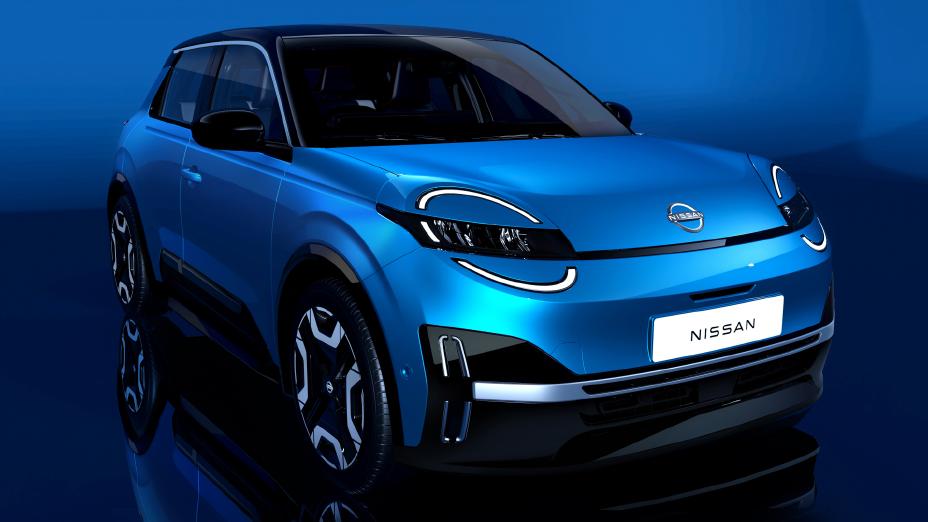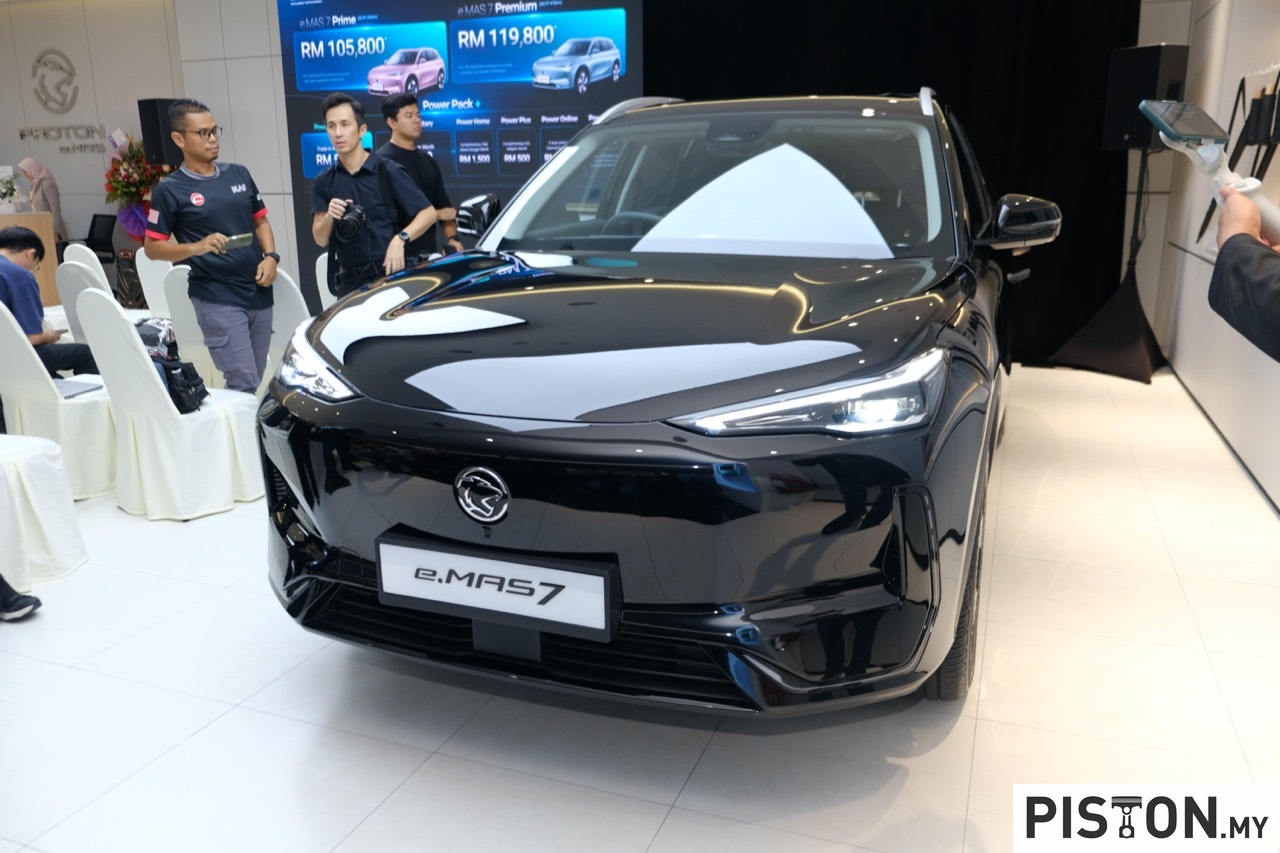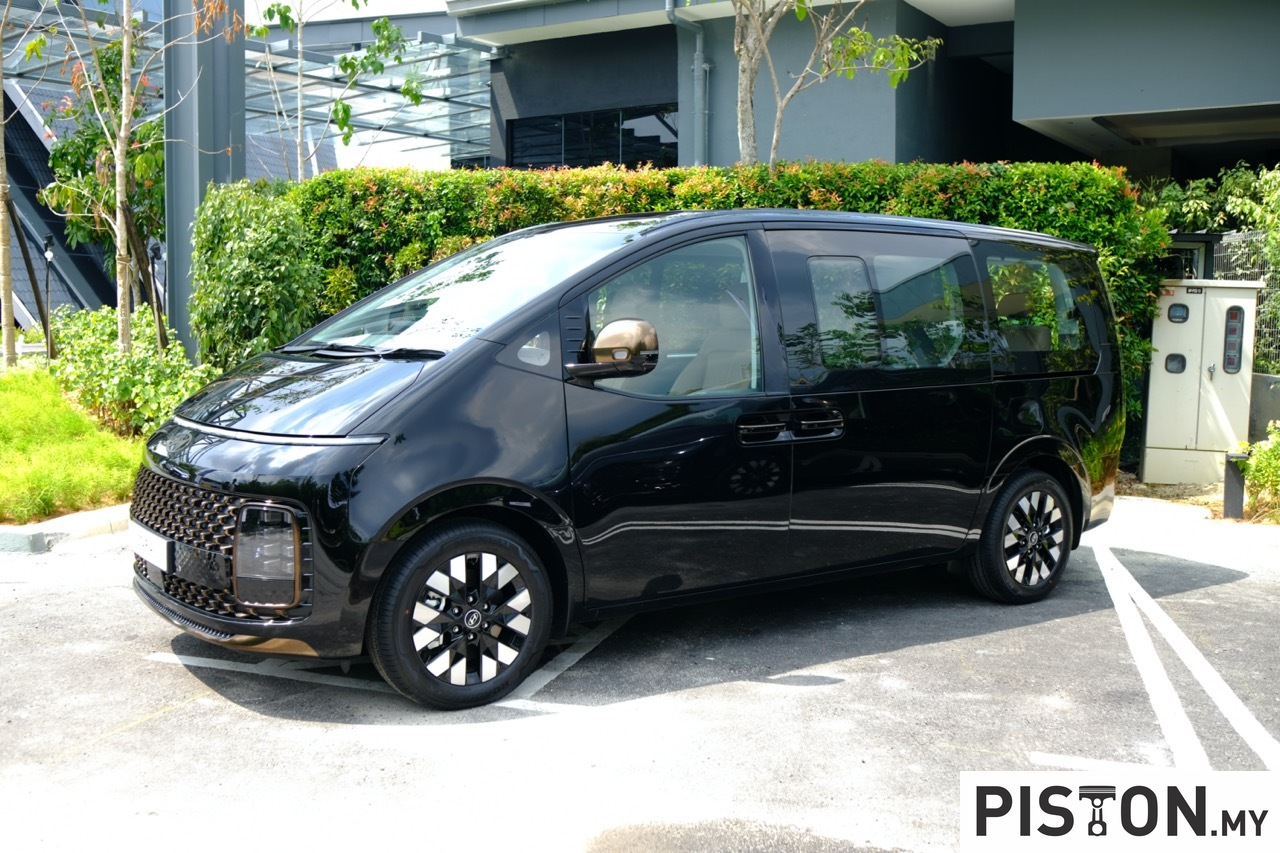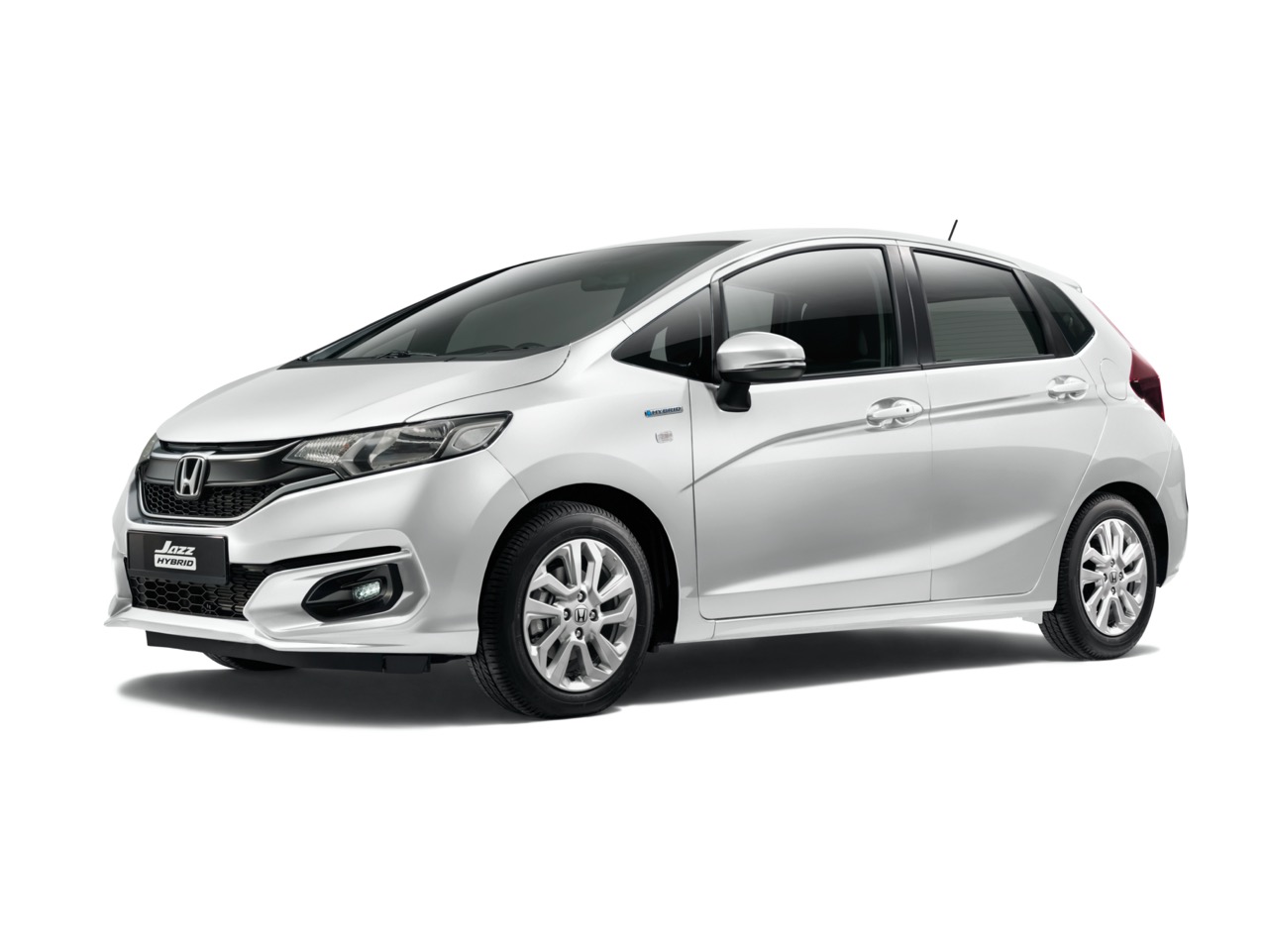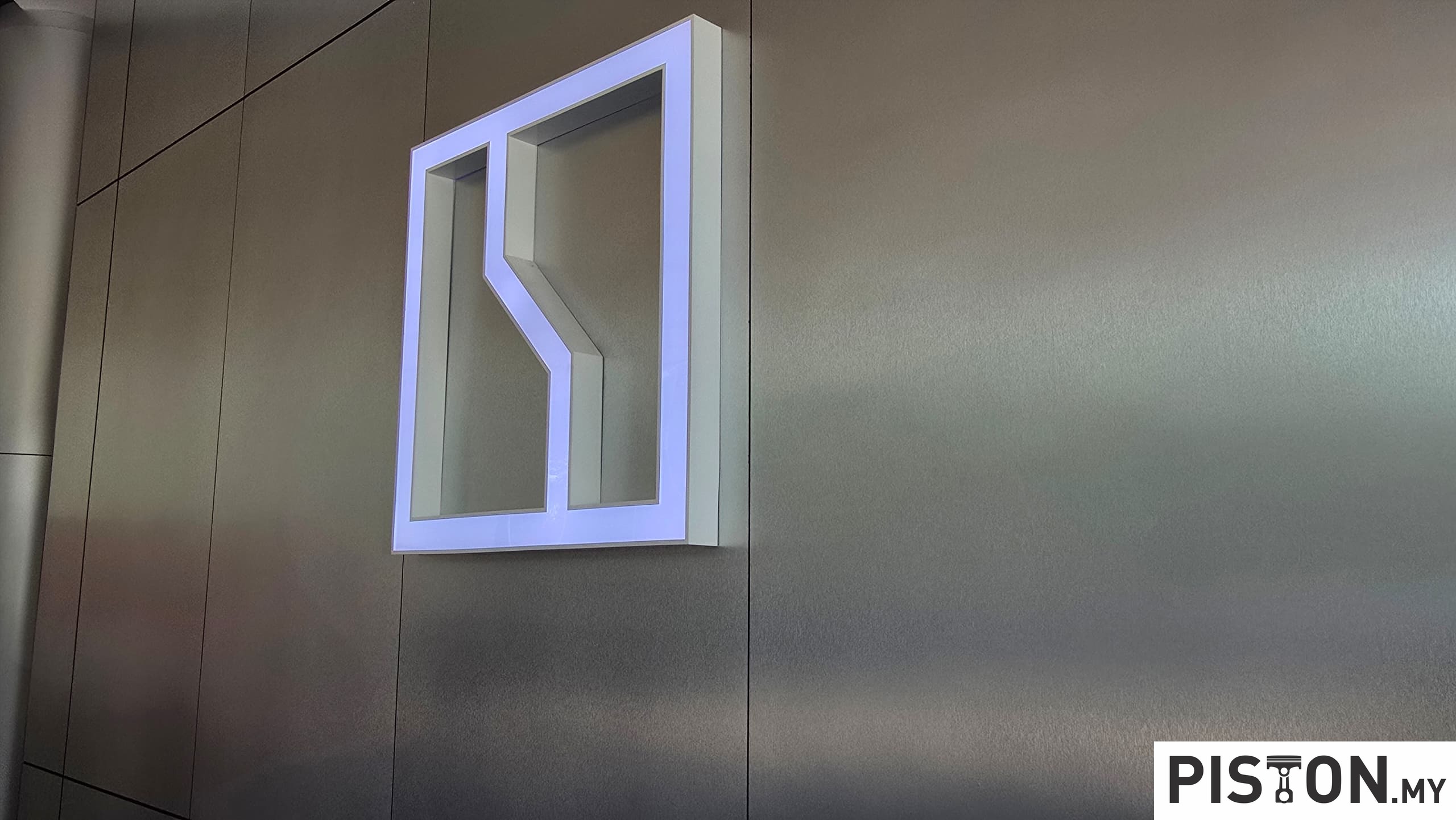Nissan Motor has shelved its plans to construct a new electric vehicle (EV) battery plant in Kitakyushu, southern Japan, marking a significant shift in the automaker’s electrification strategy as it grapples with deepening financial challenges.
Initially announced in January through an agreement with the Kitakyushu municipal government, the project was intended to produce lithium iron phosphate (LFP) batteries. These batteries, known for their cost-efficiency, were expected to reduce production costs by as much as 30 per cent compared to traditional lithium-ion batteries. The facility had been a cornerstone of Nissan’s efforts to enhance the affordability and competitiveness of its EV line-up.
However, the automaker has decided to abandon the initiative following an internal review of its EV-related investments. The cancellation comes as the company responds to sluggish sales across key international markets, most notably the United States and China, where declining demand has eroded its profitability.







